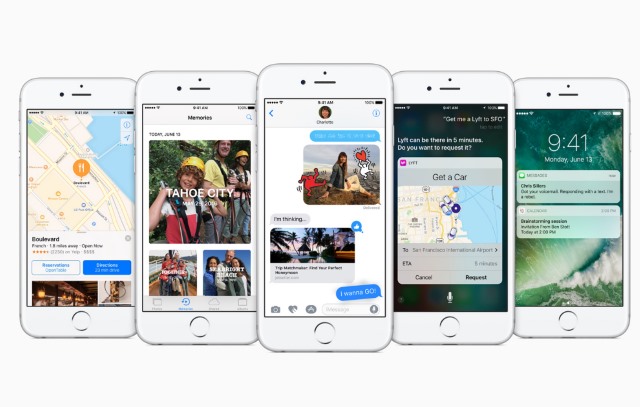
Apple focuses on new features and privacy in iOS 10, while opening up to developers
It's what Apple is describing as 'the biggest iOS release ever'. Whether everyone else agrees remains to be seen, but today the company took the wraps off iOS 10 -- and there's certainly a lot to take in. Perhaps the most notable change, for developers at least, is the fact that Siri has been opened up so that it can be used by third party apps.
Messaging has become more important than ever in recent years, and this is something that Apple recognizes with iOS 10. Taking design cues from the likes of Facebook and WhatsApp, the Messages app now includes full screen animations, and there's a neat new feature that means you can handwrite messages.
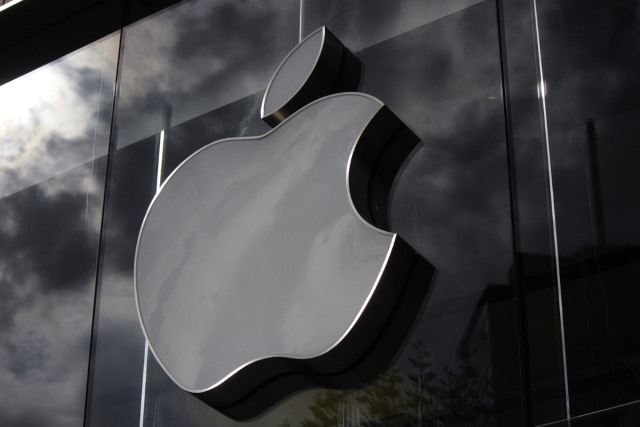
Apple updates App Store with faster app approvals, improved subscription rates... and search ads
Apple has announced a series of major changes to the App Store including speeding up the app review process to get developers' product out there faster. This is something that benefits both developers and users, but developers also have improved subscription rates to look forward to.
The current 70/30 split is changing so that after the first year Apple will take just 15 percent of subscription fees. Subscriptions are also opening up to the full gamut of apps, rather than being restricted to particular categories. But it is the changes that are being made to app discovery that will be the most apparent.
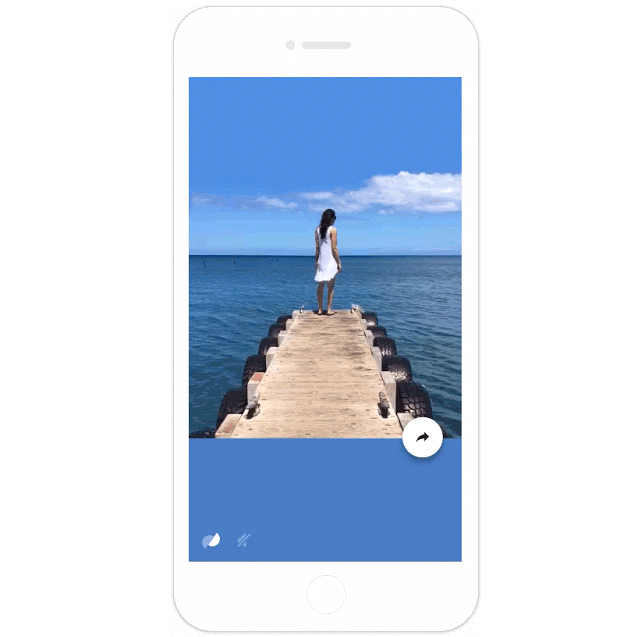
Motion Stills helps you create GIFs from Live Photos
If you like taking Live Photos with your iPhone then you probably want to share those moments with other folks. One of the best ways that you can do that is by converting your Live Photos to GIFs, so that everyone can enjoy them even if they do not have an iOS device or Mac.
By now there are loads of apps that let you do that, but Google believes that there is room for one more. So, its Research arm has introduced Motion Stills, which has a neat little trick up its sleeve.
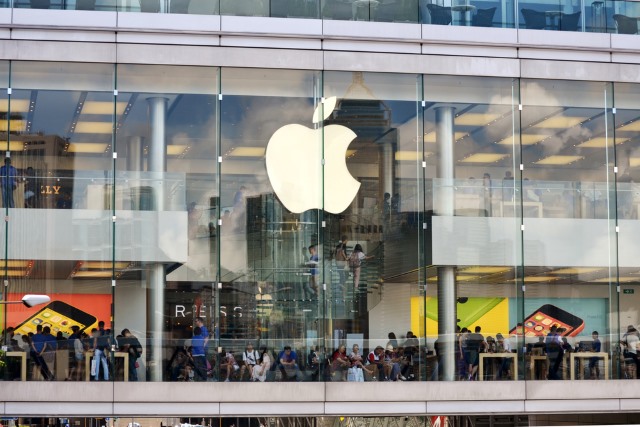
Apple suffers outage that knocks App Store, iCloud, iTunes and more offline
Many of Apple's online services are currently out of action, with the App Store and Apple TV being just two that people are struggling with. Some users are reporting that Apple Music is out of action, but the most common complaint is that App Store purchases cannot be complete.
Apple says that it is aware of the problems and is investigating, but at the moment has given no hint at what the cause might be. The company's System Status page highlights numerous issues, with a fluctuating number of listings tagged "Service may be unavailable for some users". Apple Support's recently launched Twitter account is going into meltdown responding to an endless stream of complaints from users.
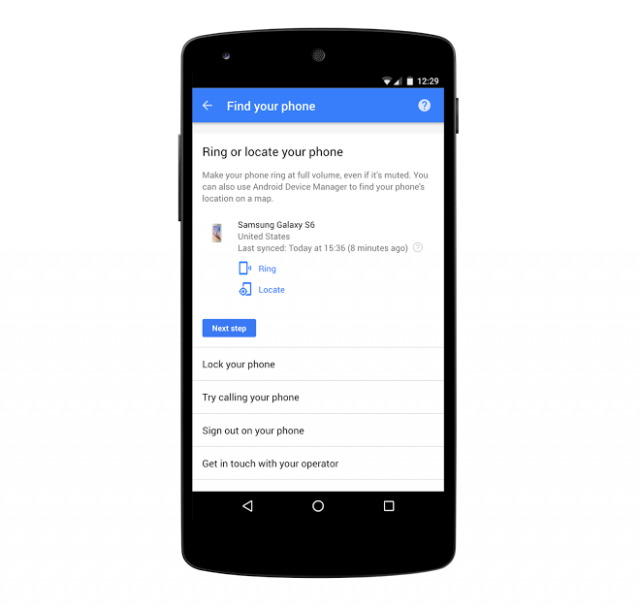
Lost your Android smartphone or iPhone? Google will help you find it
There are lots of services that help you find your lost smartphone, but nothing beats the convenience of a built-in tool like Android Device Manager or Find My iPhone. However, Google might have something that's even better.
Google believes that locating a smartphone should be as simple as a Google search, so the company has introduced a new feature in My Account that lets you do just that. And it works no matter if you have an Android smartphone or iPhone.

MEEM memory cable automatically backs up your phone every time you charge it
While most smartphones can backup photos and other content to the cloud on a regular basis, there are downsides -- backups handled by third-party apps might not always happen, free storage can quickly become full (I’m looking at you, iCloud) and of course cloud services could be compromised.
MEEM memory cable offers a low cost solution to all of those problems -- automatically, and securely backing up your iPhone or Android device every time you charge it.
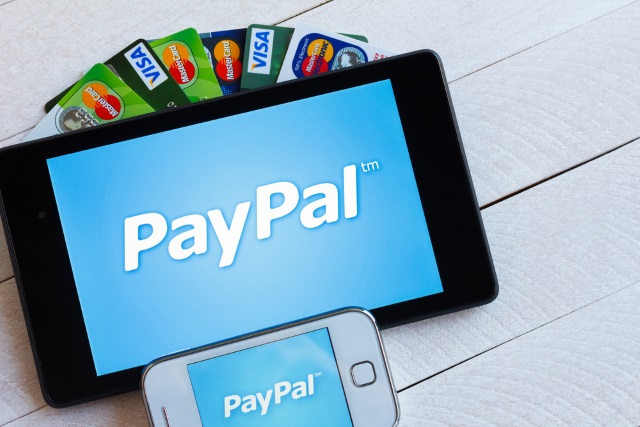
PayPal focuses its efforts and drops Windows Phone app
Like many other companies, PayPal is questioning the value of investing time and money in Windows Phone -- or Windows 10 Mobile, if you prefer. As of 30 June, the PayPal app for Windows Phone will be no more.
At the same time, the company is also dropping the apps for Blackberry and Amazon Fire OS. PayPal says that users will have to rely on the mobile website as it focuses "resources in creating the very best experiences for our customers".
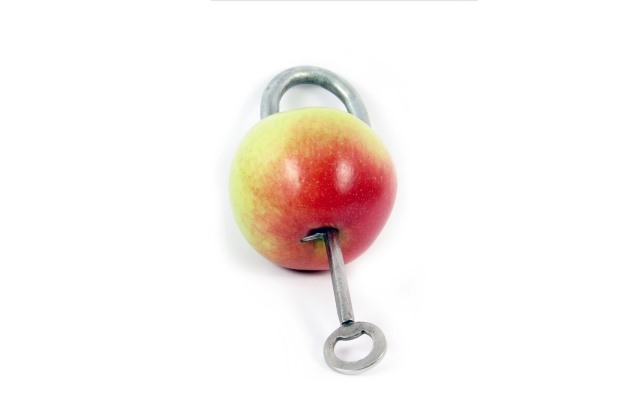
Apple re-hires security expert of PGP, Blackphone and Silent Circle fame
Following the company's very public stand-off with the FBI over the San Bernardino shooter's iPhone, Apple is demonstrating that it has a great interest in security by re-hiring encryption expert Jon Callas.
Best known for founding security-focused firms PGP Corp and Silent Circle -- the company behind the ultra-secure, privacy-centric Blackphone -- Callas has worked for Apple on two previous occasions.
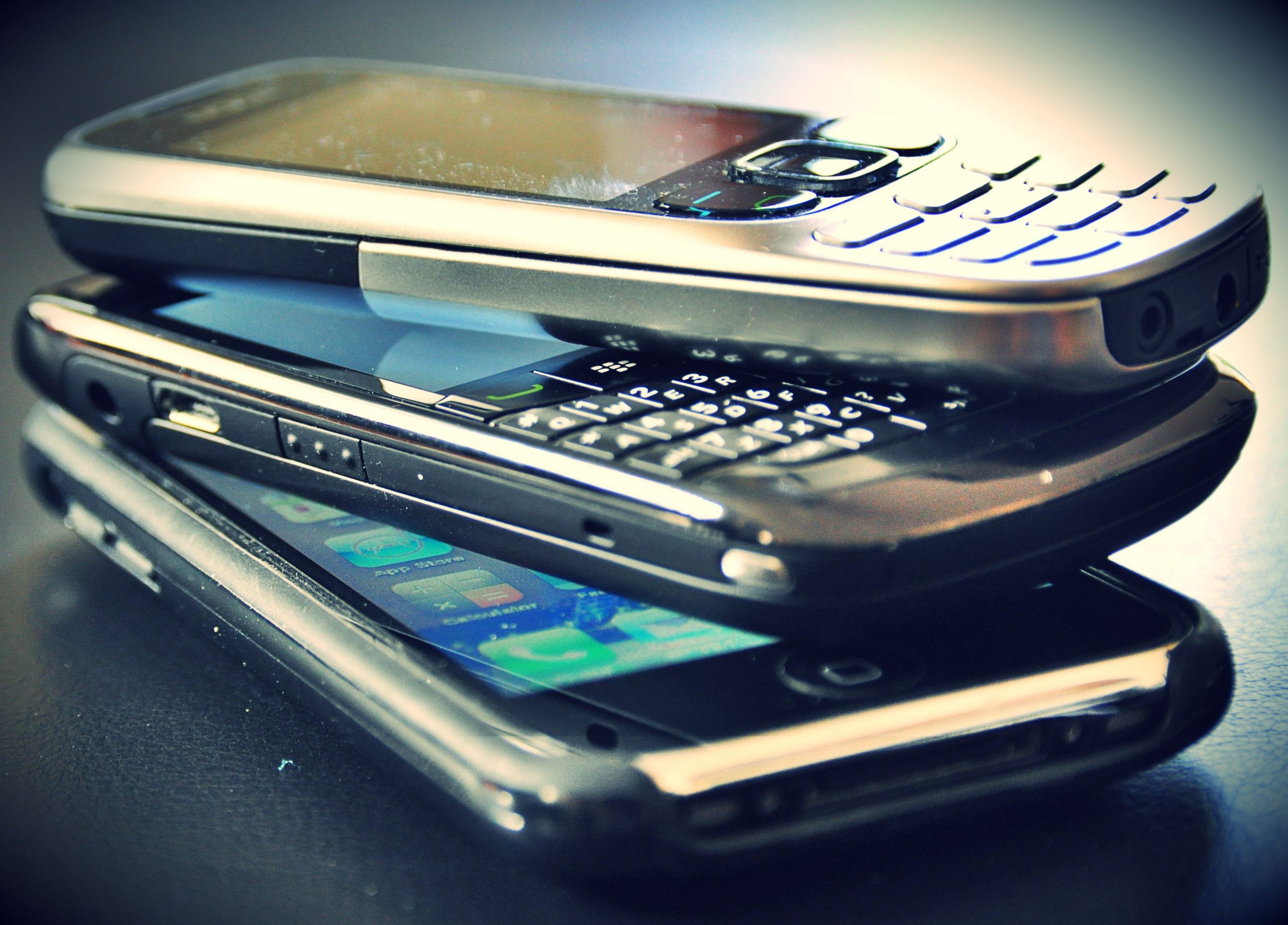
Apple is the new Nokia
Washington Post reporter Hayley Tsukayama asks, following up on a commentary by software developer Marco Arment: "Is Apple really at the risk of becoming BlackBerry?". The answer absolutely is No. But the concept is right. The fruit-logo company's dire straight is much more profoundly catastrophic. The risk is becoming Nokia, and the path to that destination is already well-trodden.
Arment calls BlackBerry "king of smartphones", referring to its market position before Apple released iPhone nine years ago in June. The description is apt enough. "BlackBerry’s success came to an end not because RIM started releasing worse smartphones, but because the new job of the smartphone shifted almost entirely outside of their capabilities, and it was too late to catch up", he asserts. But smartphones were a niche category in 2007, so insignificant that analyst firms lumped the devices together with PDAs. iPhone's disruption was far, far greater—Nokia lost its perennial global handset lead; for many of the reasons Arment identifies. Nokia, and not BlackBerry, is the metaphor, and it is frighteningly foreshadowing.
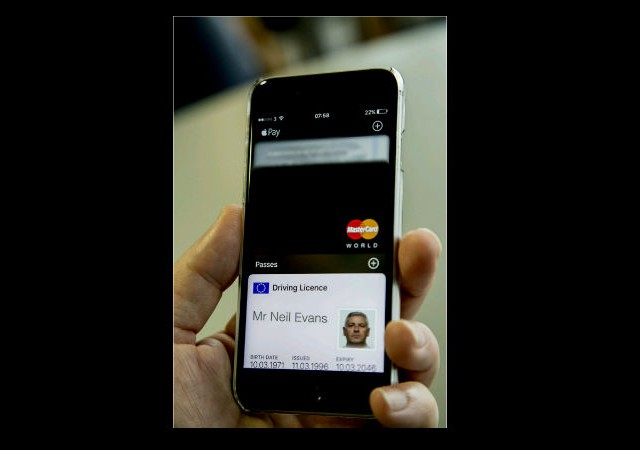
UK will introduce digital driver's license in 2018
The days when you forget your driver’s license and ending up paying a fine for it might soon be a thing of the past, as there are people out there working on a paperless version of the license.
According to a BBC report this week, the UK’s Driver and Vehicle Licensing Agency is working on such a project, and there’s already a prototype in place. A photo of the prototype was tweeted recently by CEO Oliver Morley.

Google makes Apple's iPhone even better with amazing 'Gboard' keyboard
Even though I own an iPhone, I am not an Apple "fanboy". I use both Linux and Windows on the desktop, and embrace most of Google's services. Quite frankly, if Google pulled its offerings from iOS, I would probably switch to Android. In other words, I am deeply entrenched in the search giant's ecosystem.
Today, Google releases a new keyboard for the iPhone. Called "Gboard", it drastically improves the typing experience on Apple's smartphone in many ways, including "Glide Typing", emoji search, and animated GIF search to name a few. If you own an iPhone, stop what you are doing and install it now. Trust me, folks.
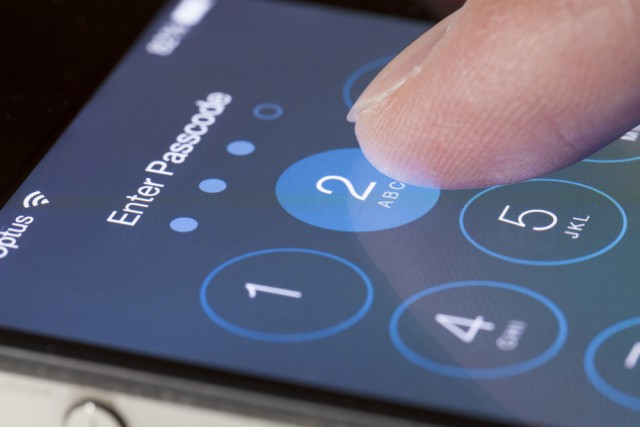
India has mobile forensic tools to hack into iPhones
The case of the FBI seeking to force Apple to provide backdoor access to the San Bernardino shooter's iPhone focused attention on security and encryption once again. The agency may have been able to gain access to the phone with help from a third party, but the Indian government has gone one better.
Communications Minister Ravi Shankar Prasad has revealed that the government has a tool that can be used to gain access to, among other devices, Apple's iPhone. This is not to say that a tool has been created that bypasses encryption, rather that a method for getting past the lockscreen has been developed.

Neil Patrick Harris says 'Thank you' with Siri and iPhone
Neil Patrick Harris is one cool dude. From playing a boy-doctor on the TV show, Doogie Howser MD, to becoming one of the premier hosts for fancy award shows, the man is undeniably awesome. There are even some rumors that the handsome actor could replace Michael Strahan on Live! with Kelly Ripa, but I digress.
Today, NPH becomes the latest Apple advertisement star. In a video titled "Thank You Speech," the actor shows off the hands-free capabilities of the iPhone 6s.
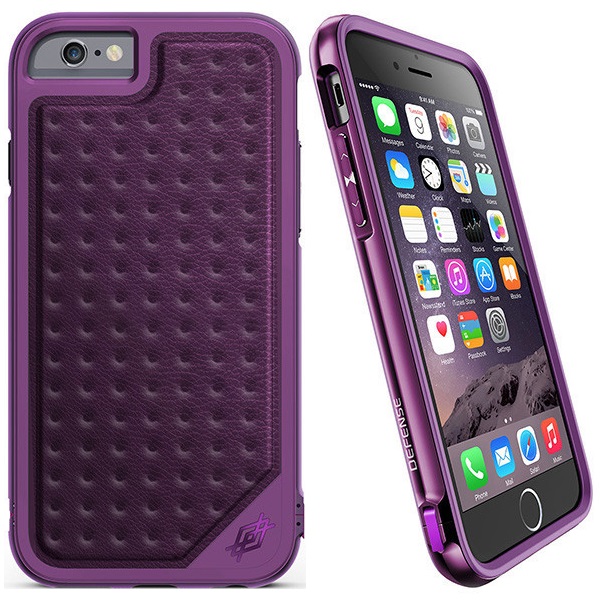
X-Doria releases Defense Lux Impression Cases for Apple iPhone 6S
The iPhone 6S and 6S Plus are arguably the best smartphones on the market, although I am sure many Android and Windows Phone users will disagree with me. Yes, they are expensive, but when it comes to Apple, you often get what you pay for. In other words, you aren't just paying for the sum of the parts, but the overall positive experience.
With that said, you should always protect your investment. Replacing a broken iPhone -- especially if you didn't splurge on Apple Care -- is quite the costly affair. The best way to do this is with a good case. X-Doria's Defense Lux cases for iPhone 6S were pretty rugged, although a bit slippery. A lack of "grip" on the back made the iPhone something fairly easy to drop. Now, the company adds the Defense Lux Impression Cases for iPhone 6 and 6S. With rear dimples, it should alleviate the "slippery" concern of the non-Impression model.

US government certifies LG's G5, V10 for enterprise and military use
LG today announced that the US government has certified its G5 and V10 flagship Android smartphones for enterprise and military use. The testing was conducted by the National Information Assurance Partnership (NIAP), which verifies the compliance of products with the "Common Criteria" international security standard, which is said to be recognized by 25 countries.
Although LG is only boasting about the two aforementioned handsets, NIAP's test results show that G4, its flagship from last year, is also fit for use in enterprise and military sectors, when running Android 6.0 Marshmallow. NIAP's stamp of approval was received on April 14.
